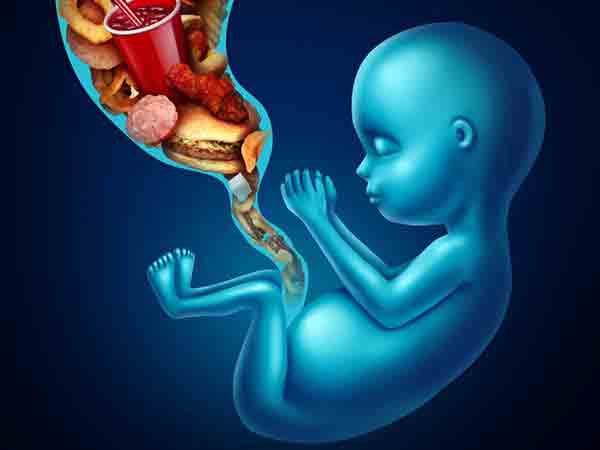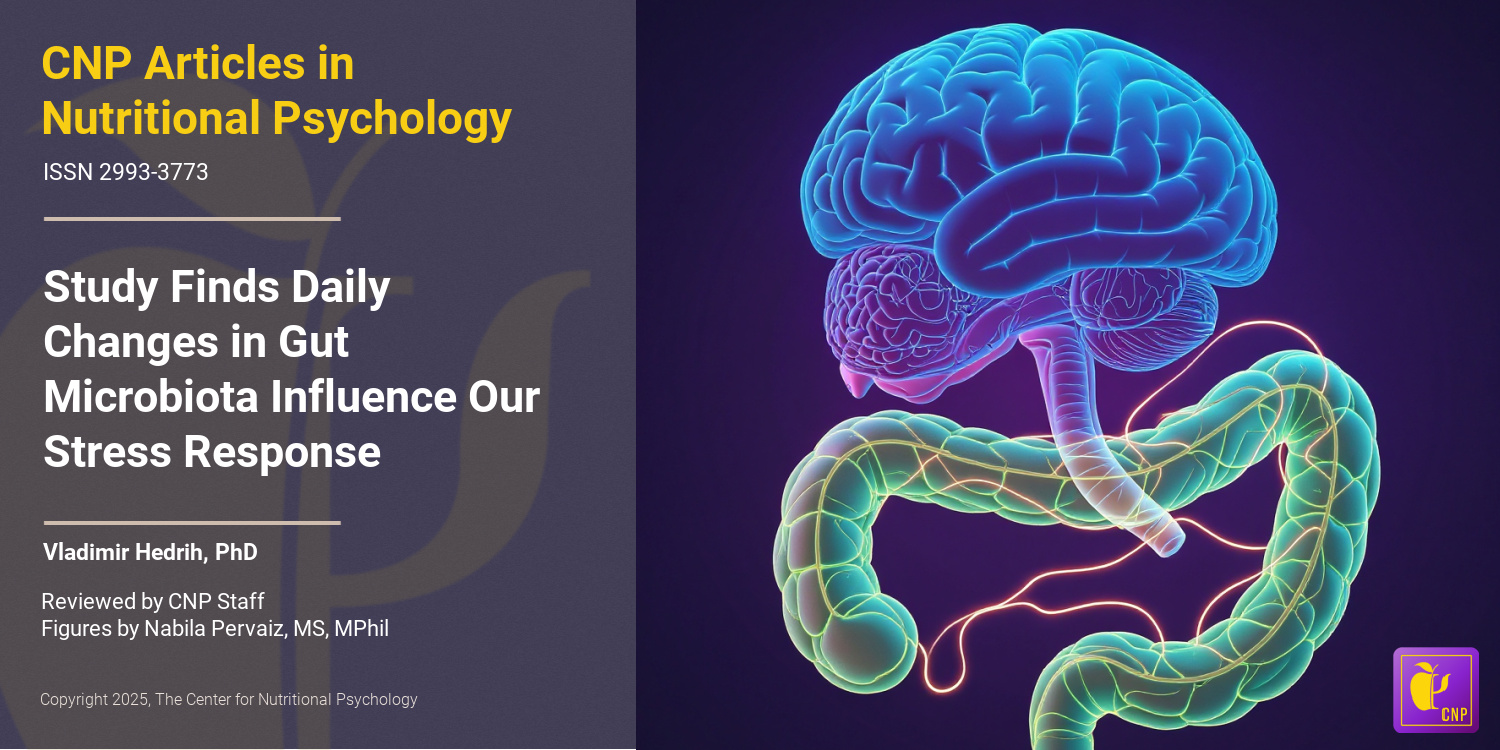Maternal dietary intake of fish and child neurodevelopment at 3 years: a nationwide birth cohort—The Japan Environment and Children’s Study
Previous studies examining the relationship between maternal fish intake during pregnancy and the reduction of neurodevelopmental delays in children have yielded conflicting results, with some studies showing an association and others showing none. Given that neurodevelopmental delays become more prominent by the age of 3 years, it is crucial to investigate this association at this specific age. To this end, Inoue et al. (2024) used data from the Japan Environment and Children’s Study (JECS), where 104,057 records were included in the study (comprising 91,909 mother-child pairs). The investigation assessed the relationship between the amount of fish consumed by the pregnant mother and the neurodevelopmental outcomes of toddlers at three years of age. The authors utilized the Food Frequency Questionnaire (FFQ), validated through the Japan Public Health Center-Based Prospective Study for the Next Generation, to assess maternal consumption of fish. Child neurodevelopment was investigated via the Ages and Stages Questionnaires-3 (ASQ-3, which looked at gross and fine motor skills, problem-solving, communication, and personal-social development). The analysis consistently showed lower odds ratios in the highest compared to the lowest quintile of maternal fish intake for the domains of communication, fine motor skills, problem-solving, and personal-social skills, but not for gross motor skills. Fine motor abilities, problem-solving, and personal-social skills showed a significant trend of declining chances of neurodevelopmental delays across quintiles of increasing maternal fish consumption; however, this trend did not hold true for communication or gross motor skills. Pregnant women who eat fish may have a lower chance of their 3-year-old children experiencing neurodevelopmental delays, especially in the areas of fine motor abilities, problem-solving, and personal-social skills. The authors recommend conducting future studies beyond the age of 3 years to consolidate and expand on these findings. [NPID: Pregnancy, fish, neurodevelopment, infant, food life]
Year: 2024
 Navigation
Navigation






